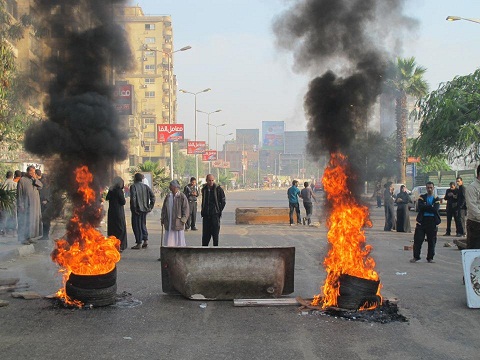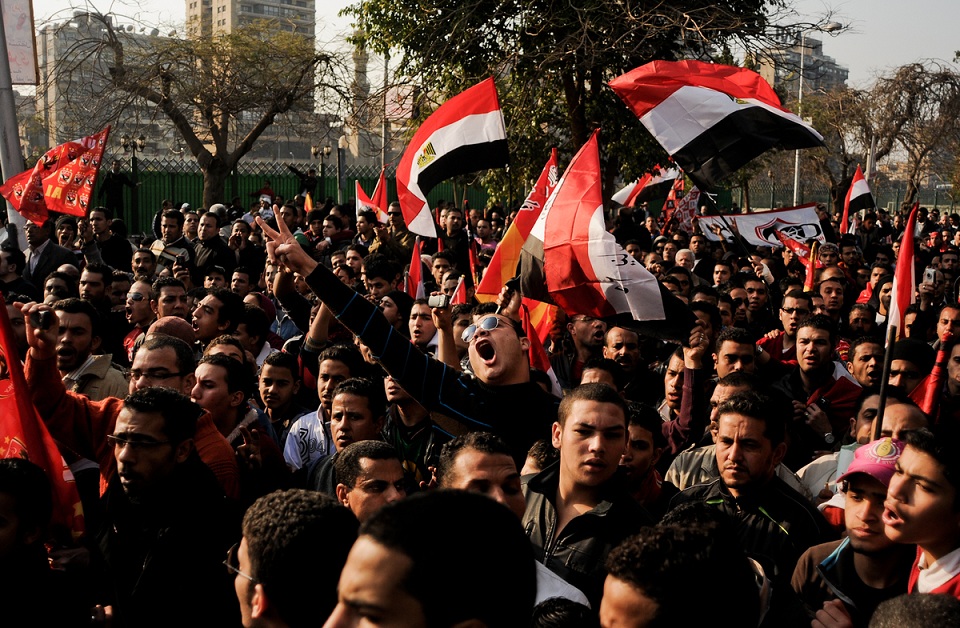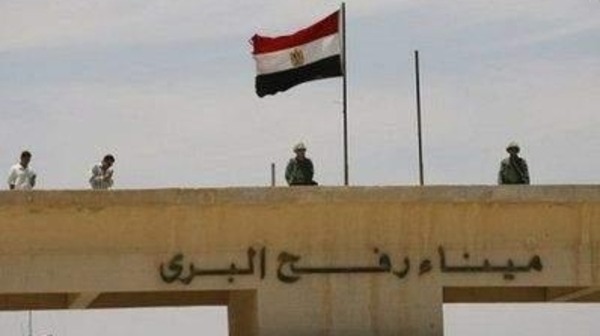JERUSALEM: The academic year of 1995-1996 was most eventful for Israelis. November saw the assassination of our Prime Minister Yitzhak Rabin and several months later, a spate of bus bombings led to the election of Netanyahu. In November, shortly after the murder, and then again in May, the Ecumenical Institute at Tantur, overlooking Jerusalem on one side, and Bethlehem on the other, sponsored a series of interfaith encounters among women. The women represented two nationalities: Jewish and Palestinian-Arab, and four religious traditions: Jewish, Christian, Muslim and Druze. The Arab women were both Israeli citizens and Palestinians from the Occupied Territories. The first day of the deliberations was devoted to How does my tradition present me with obstacles as a woman? But the second day was devoted to How does my tradition empower me as a woman? I had the privilege and the challenge of appearing on the second panel.
One of the important developments among Israeli women since that time has been the establishment of an Orthodox Jewish religious feminist movement called Kolech ( Your Voice ) that started in 1998 and will hold its 5th International Conference during the summer of 2007. Each of the conferences – even those held during the height of the second intifada – have been well attended by Israeli Jewish women, from all sides of the political spectrum. A fairly high percentage of the women are settlers, living in the territories, leading at least one prominent Israeli religious feminist to boycott the organization.
For some – although by no means all – religious feminists (from the different faith-communities), the questions of gender equality are closely related to those of peace and co-existence between different national and religious groups. Both issues relate ultimately to the question of human rights and, for a religious Jew, are based on the belief that all human beings are created in the Divine Image. Some of us maintain that women should have special sensitivity to the Other, because of our own history of Otherness and oppression.
Can religion indeed be an empowering force for women and one that promotes the cause of peace and understanding among peoples in this troubled region? The prevalent image of religion in the world today – and especially in the Middle East – is an image of extremism, of xenophobia and of violence.
It is difficult to argue that this image has no truth to it: in the name of religion, atrocities have been committed. Religion has, in many cases, fanned the flames of extremism.
What is it about religion that accounts for this unholy alliance between faith and extreme violence? Many people of faith seem to have absolute faith, which allows no questioning of authority and makes no room for other truths. When we interpret present-day reality through ancient scriptures, we may lose touch with those around us and their human needs. And when we expect reward for our actions in the world-to-come, it may impel us to be violent to others in the world-that-is.
But, is this really the case? Might it not be more a question of the extremist, violent forms of our religions being given a great deal more exposure than the rest of us? After all, a bombing, an attack on worshippers, the language of incitement – these are more newsworthy than peaceful dialogue and coexistence. Harmony among groups doesn t sell newspapers.
Our efforts to achieve peace, as well as gender equality, could stand to learn a great deal from the various religious traditions. I d like to suggest at least five areas in which this could take place:
1) Religions provide people with a particular sense of identity, roots, community and ultimate meaning. A morally responsible human being has to act within a particular context in which he or she assumes responsibility for particular people.
2) Religions give us traditional cultures, which are the repository of the accumulated human wisdom of generations of people who may have faced dilemmas similar to our own. Without the stories different peoples have of their own suffering, what identification will they develop with the suffering of others?
3) Our monotheistic faiths have given us the notion of a merciful and compassionate God Who expects us to emulate Him in our human behaviour. We generally have, as well, stories of saintly individuals and groups from whom we can learn.
4) At least two of our religious cultures are based on complex legal systems – Sharia within Islam and Halacha within Judaism. These systems take lofty ideals of peace and social justice and translate them into everyday, incremental actions. We, too, must learn to translate our dreams for peace and social justice into concrete steps we can take in our day-to-day lives.
5) Perhaps the most basic thing we can learn from religion is the notion of hope. When we believe in some transcendent power that promotes the Good, we have a way of coping with the despair that almost inevitably arises from our apparent lack of success. One of my dear friends is Bishop Mounib Younan, the Palestinian Lutheran Bishop of Jerusalem. Whenever I despair – and that is often – Mounib reminds me, As long as you believe in a Living God, you must have hope.
I do not, of course, wish to minimize the intense danger posed to world peace by many people who claim to be acting in the name of their religions and ethnic or national causes. But here, I believe, there are two salient points to be made: Firstly, we must strive to emphasize within each of our cultures those elements that promote a more open and compassionate attitude to other human beings. Secondly, sometimes it is precisely when people feel that their own identity is under attack that they respond violently. Philosopher Michael Walzer says: When my parochialism is threatened, then I am wholly, radically parochial…and nothing else…. Under conditions of security, I will acquire a more complex identity than the idea of tribalism suggests.
Our goal, then, should not be the eradication of group identities but their empowerment through ensuring the safety and security of the different groups. And in this important task, dialogue among women can help develop a grassroots climate conducive to peace.
Dr. Deborah Weissman, a native of the USA, has lived in Jerusalem since 1972. A long-time Jewish educator and religious peace and feminist activist, she has become heavily involved in interfaith teaching and dialogue on a local and international level. Debbie is currently serving as the Co-Chair of the Inter-religious Coordinating Council in Israel. This article is distributed by the Common Ground News Service (CGNews) and can be accessed at www.commongroundnews.org.



